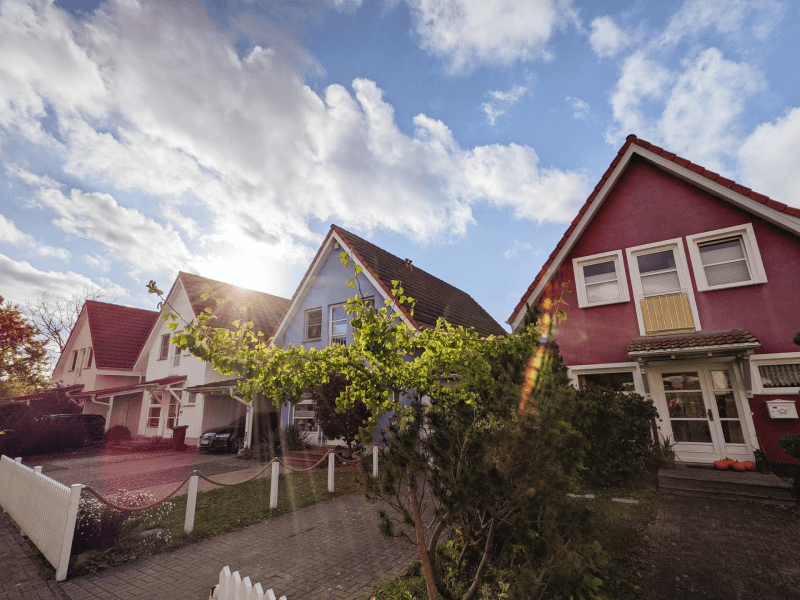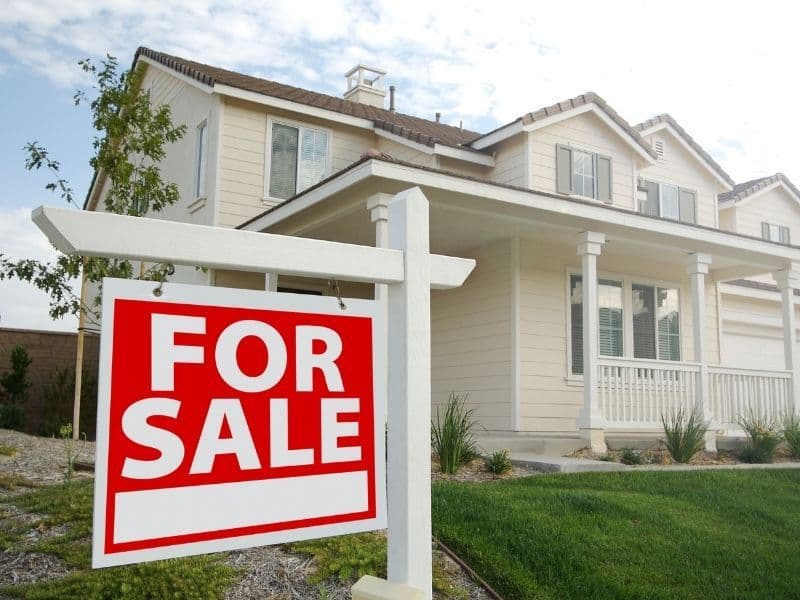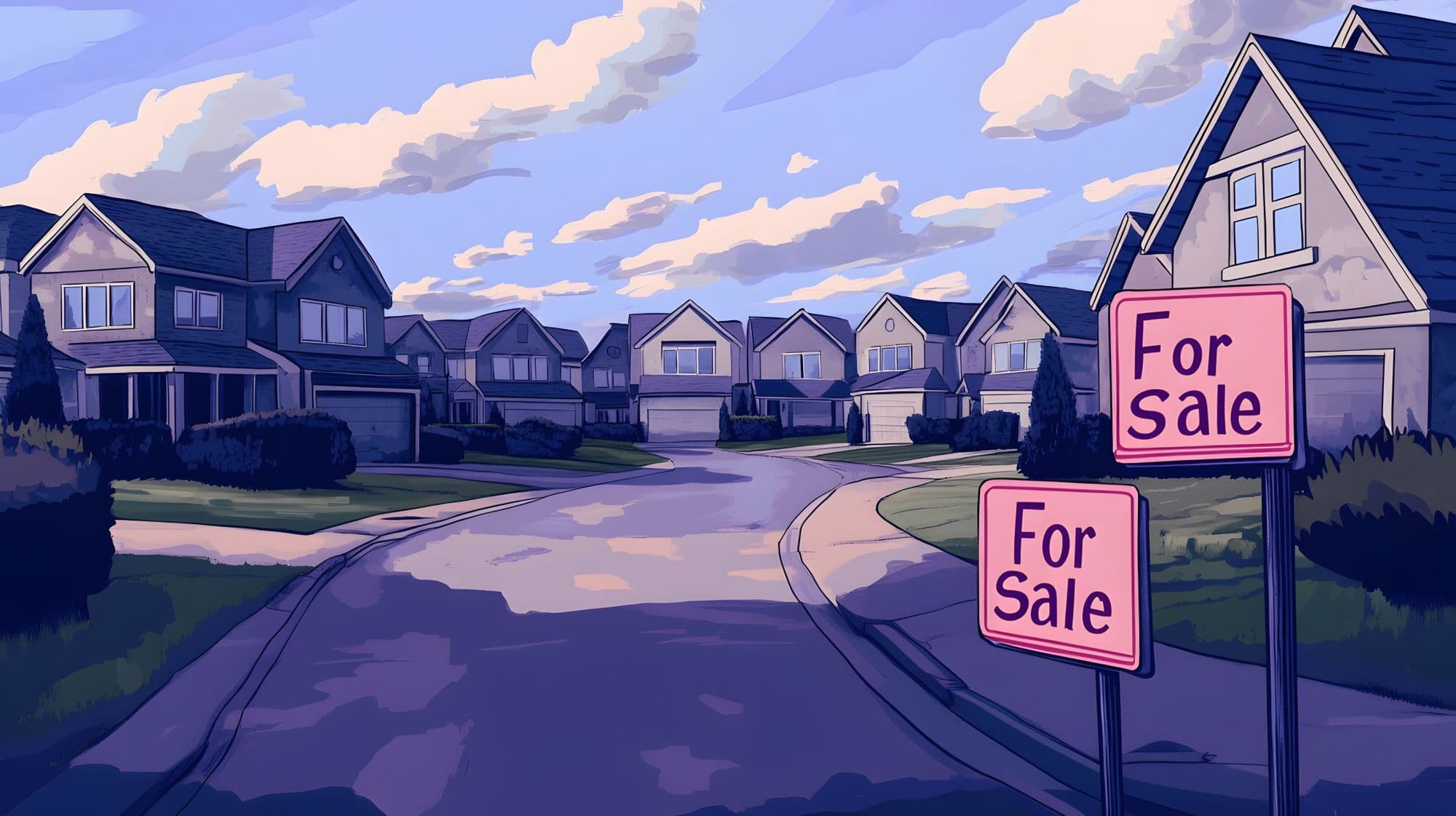
Are we heading into a housing recession?
A new report predicts that by 2023 there will be more homes available on the market than people looking to buy them. What does this mean for buyers and sellers?

The U.S. housing market has been in recovery mode since 2008, when home prices began falling after years of rising values. But now, experts say the market could be headed toward another downturn.
A National Association of Home Builders (NAHB) report suggests that the housing market is weak and its impact on the economy is negative. Housing is a critical piece of the overall economy, and a decline in home building can indicate larger economic problems.
“We’re heading into a recession.” - NAHB CEO Jerry Howard in a recent interview with Bloomberg.
Buyers May Have More Choices
According to a recent report, there will be more houses available on the market than potential buyers by 2023. This means that homeowners who want to sell their properties may need to lower their asking price. Lower asking prices generally means decreasing home values, or at a minimum, significantly slower appreciation.
When demand outweighs housing supply, home values increase. If expert predictions are accurate, more sellers than buyers could mean a housing recession. While this may be good for buyers in the short term, home values declining significantly impacts jobs in the housing industry. In addition to builders and their contractors, real estate agencies, mortgage lenders, and those who derive their business from those channels are all affected.
Mortgage Rates and Housing Demand
Mortgage rates are much higher than they were in 2021. Higher interest rates mean less buying power for home buyers who finance their purchase. When buyers have less purchasing power, they must decrease their price range, which affects standards of living and brings down home prices overall.
Mortgage rates are beginning to come back down, but it is unlikely they will reach their COVID-19 pandemic lows.
Supply Chain and Builder Inventory
It’s no secret gas and almost everything else we buy day to day is more expensive than it was a year ago. The same can be said for building supplies. Lumber is hard to come by. So is labor.
The increased costs for materials and workers to assemble them compounds the negative effect higher interests rates have on demand. Builders need to charge more to recoup expenses.
Higher costs to build, plus higher interest rates is a nightmare for home builders. A home buyer, whose dollar is stretched thin because of higher interest rates, can buy a home that is a few years old for significantly less than building at today’s prices.
How would a housing recession affect me?
Big picture - when housing recedes, everything else usually follows. The effect trickles down to everyone working in the housing industry and beyond.
For those whose livelihood depends on a healthy housing market, memories of 2008 still linger. Millions became unemployed or lost income. That doesn’t mean we are headed there this time. Mortgage rates are beginning to do their part. Shipping costs are coming down, which should help bring the cost of supplies and materials down.
If costs stabilize and buyer financing continues to improve, the impact of the current home building situation can be minimized.
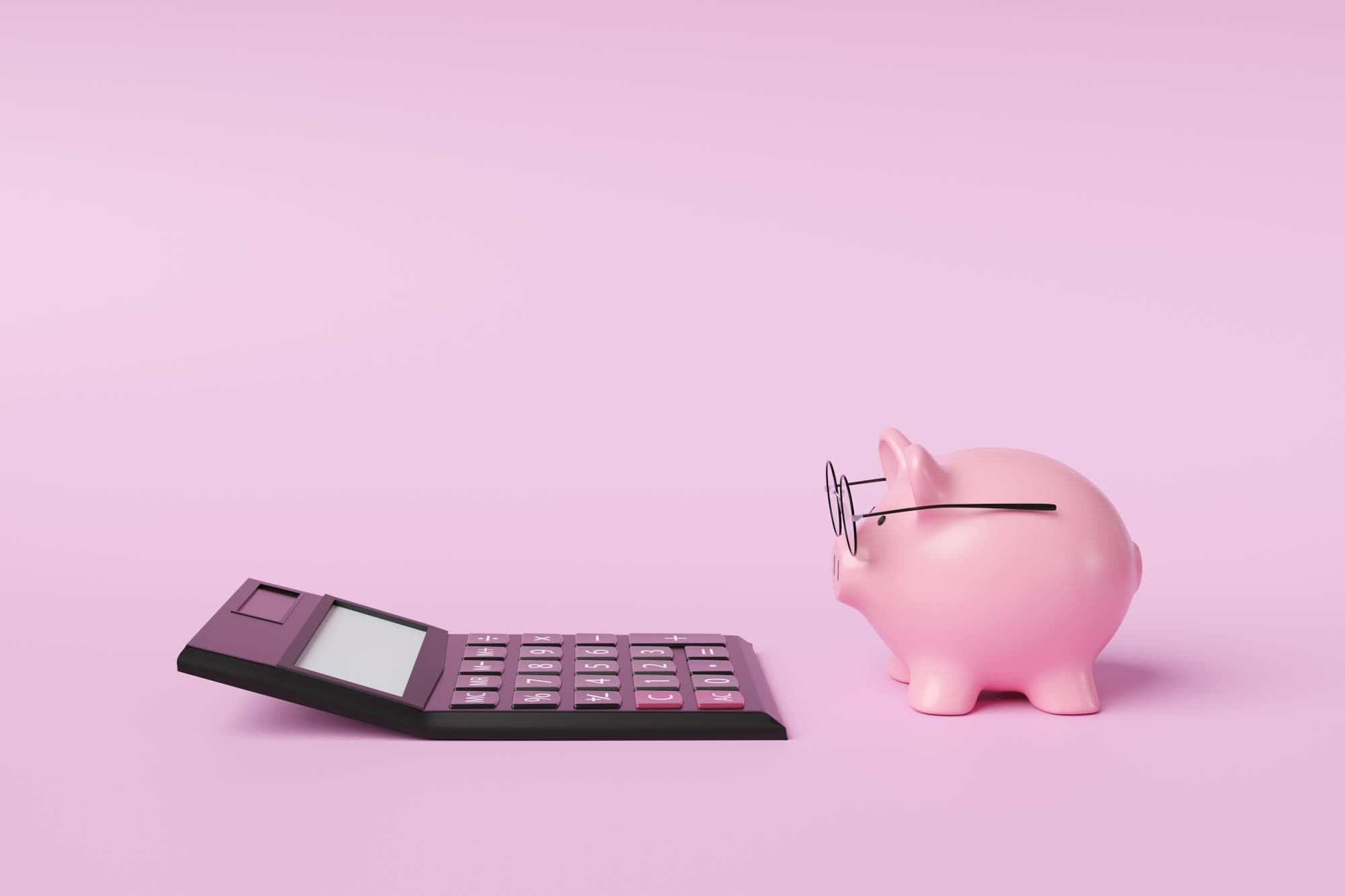


![When Will Mortgage Rates Go Down? [2025 Guide]](/_next/image/?url=https%3A%2F%2Fs3-us-west-2.amazonaws.com%2Fwhatsmypayment.com%2Fcontent%2Fimages%2F2025%2F03%2FWhen-Will-Mortgage-Rates-Go-Down---2025-Guide-.jpeg&w=3840&q=75)

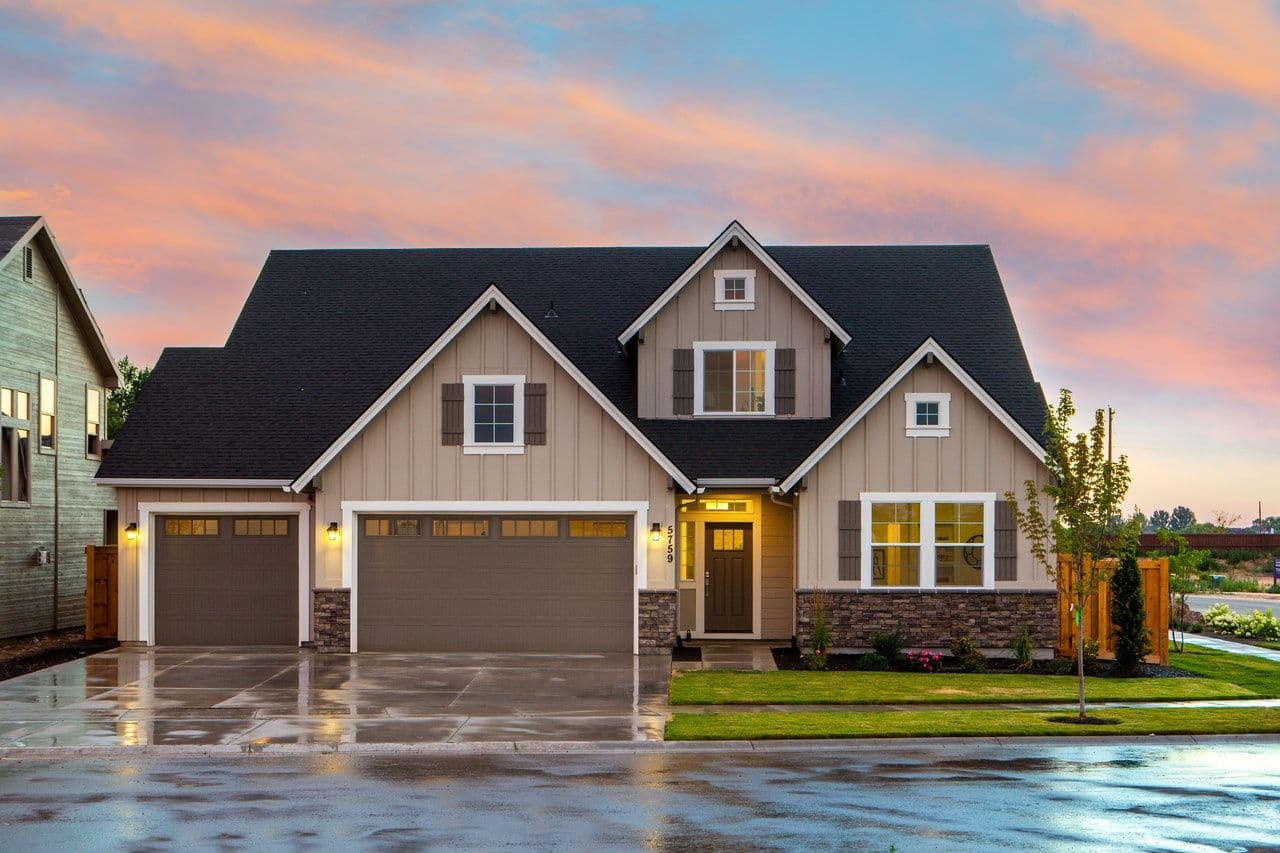
![How Long Does it Take to Close on a House? [2024 Guide]](/_next/image/?url=https%3A%2F%2Fs3-us-west-2.amazonaws.com%2Fwhatsmypayment.com%2Fcontent%2Fimages%2F2024%2F09%2FHow-Long-Does-it-Take-to-Close-on-a-House---2024-Guide-.jpeg&w=3840&q=75)
